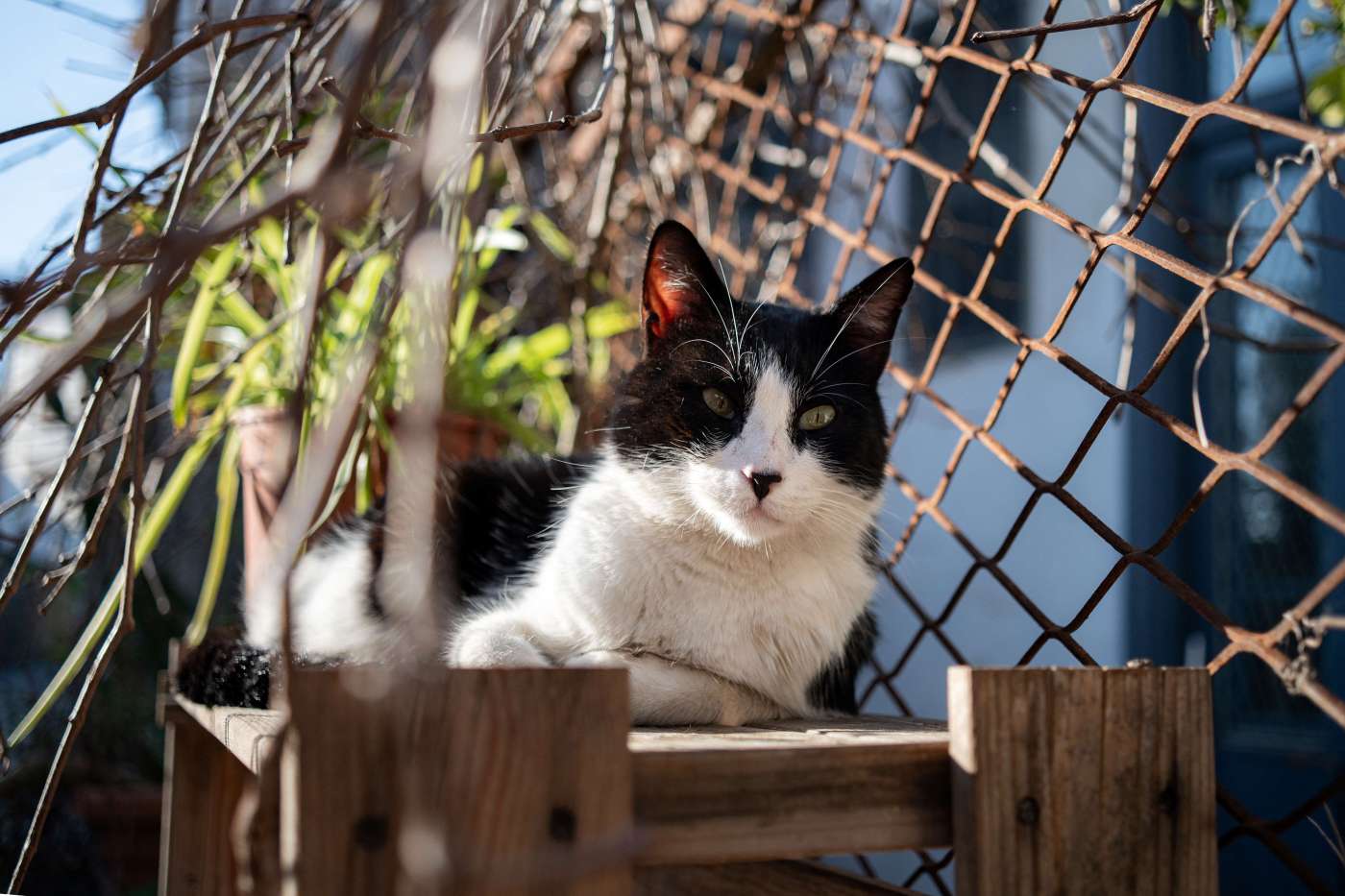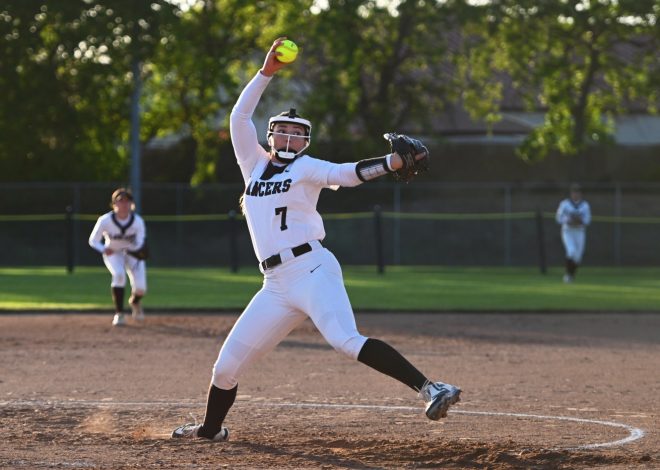
Is Pleasant Hill cat owner doing enough to keep cats safe from avian flu?
DEAR JOAN: I’ve been reading a lot about the avian flu and the danger to domestic cats. I have two cats, now 4 years old, that I harness trained when they were kittens.
They love their 15-minute walks in the back yard. I walk each one separately since they have minds of their own as to where they want to sniff.
I watch where they’re walking to check for bird poop, then when I bring them inside, I clean their feet with unscented baby wipes.
Do you think that will keep them safe from the avian flu?
— C.J., Pleasant Hill
DEAR C.J.: I think I’m going to nominate you for Cat Parent of the Year. You are doing everything right, for your cats, and for wildlife.
You are right to be concerned. Avian flu – H5N1 – has spread to other species including cattle and household pets. Cats are particularly susceptible because of their natural hunting and stalking habits.
Related Articles
Why are sea lions attacking people in the waters off California’s coast?
‘Bob the Minke Whale’ found dead after week in California harbor
What animal stole the avocados off my tree, leaving no trace?
How to see young elephant seals in the Bay Area and beyond
Betty White, beloved actress from The Golden Girls, is honored on a US stamp
General guidelines are to monitor pets when outdoors, keep them clear of wild birds, poultry and cattle, and avoid wetlands, farms and parks where those animals might be in larger numbers.
In addition, it’s recommended we don’t feed our pets raw chicken or meats, don’t give them unpasteurized milk, and make sure outside water is clean. We also need to be mindful of our own hygiene, making sure we don’t walk through bird droppings and track them in.
The risk to our pets is minimal, but it makes sense to be careful. Just keep doing what you’re doing.
While we’re on the subject of bird flu, I’ve had letters from two people I respect who believe I overstated the risk to passerine birds – songbirds – in a recent column about an ailing finch, pointing out that it’s far more likely the bird died from another disease. They felt I might have caused undue panic among backyard birders.
There have been reports of the flu spreading to passerines, but the numbers are small. It’s important to use caution no matter what bird diseases are floating around. The advice remains the same: if you see dead or ailing birds, take down feeders and clean them thoroughly before putting them back up; take them down for a few weeks if you continue to see distressed birds.
DEAR JOAN: In reference to your recent column about missing avocados, I would bet that a human got the avocados. Many years ago, we lived on a corner lot in Palo Alto with a very productive apricot tree. We were away for one weekend around the time the fruit was ripe, and came home to find our tree fully stripped.
You can tell it’s a person because when the squirrels “picked” the apricots, really they just took a few bites and there were partially eaten apricots littering the ground. I wasn’t too upset as I don’t really like fresh apricots, but I was surprised by the chutzpah!.
Carol Zink, Redwood City
DEAR CAROL: I have had a few letters from people who are divided on who took the avocados, but the lack of remains on the ground certainly is strong evidence of human involvement.
The Animal Life column runs on Mondays. Contact Joan Morris at AskJoanMorris@gmail.com.


